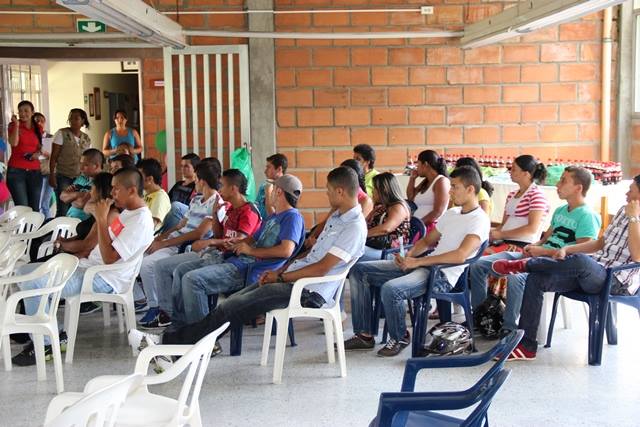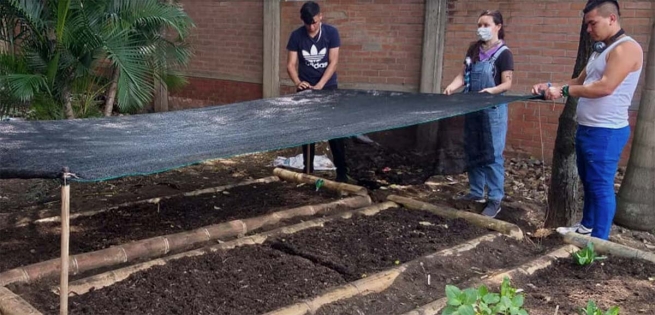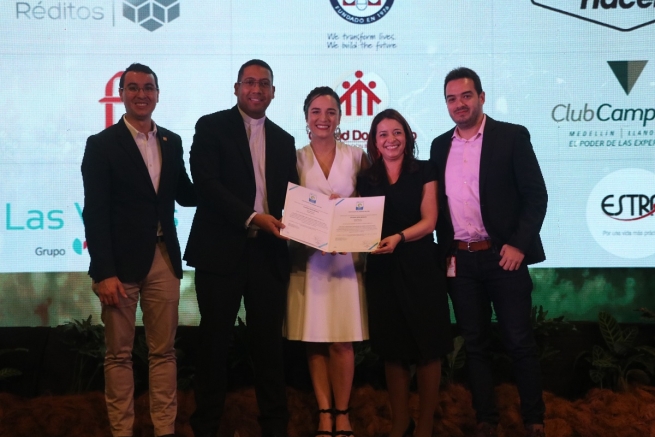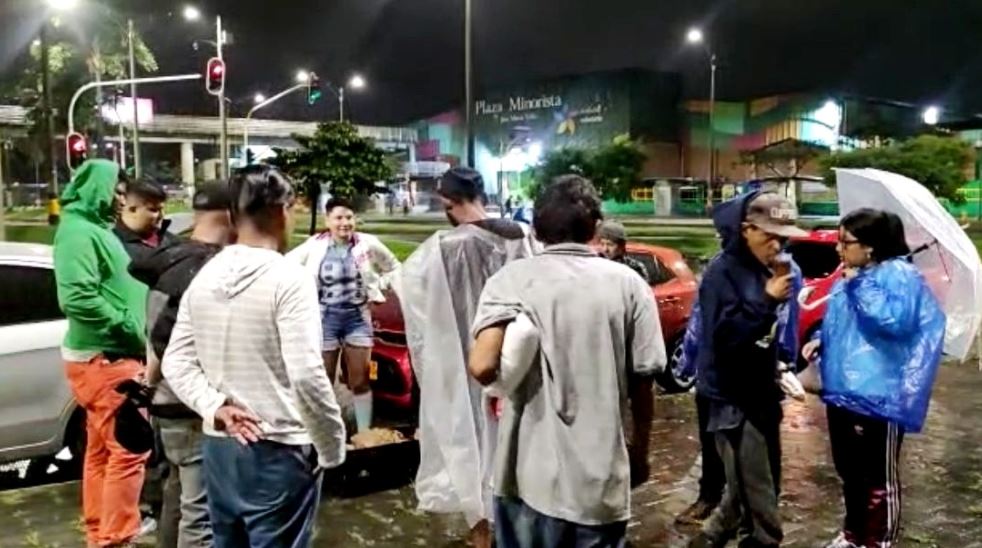COLOMBIA: Don Bosco City Receives Recognition for Quality Technical Education, Workforce Development Initiatives

(MissionNewswire) Close to 33 percent of Colombians live in poverty, according to the World Bank. One in five children in the country have no access to education and 800,000 children reside in refugee camps. The number of street children has reached epidemic proportions and thousands of at-risk youth have been recruited as child soldiers.
In Medellin, the second largest city in the country, violent drug wars routinely tear families apart. Guerilla groups aggressively recruit and often kidnap young boys and girls, some as young as 8 years old, to fight in the county’s brutal civil war.
Many orphaned youth in the country live in poverty and have lost their parents to natural disasters, the HIV/AIDS epidemic and other diseases, war or domestic issues. Some children remain living with a single parent, struggling to survive and are often pulled out of school to earn income for the remaining family. Other youth live in shelters or on the streets.
Neglect, discrimination and malnutrition affect orphans more often than their non-orphaned peers. Research shows that these youth are more likely to live in conditions of poverty, be forced into child labor, recruited as child soldiers and subjected to exploitation and violence. Orphaned youth are also less likely to be enrolled in school.
The Salesian-run Cuidad Don Bosco (Don Bosco City) in Medellin is one of the oldest and largest programs for street children in Latin America. Since its inception in 1965, the program has rescued more than 83,000 boys and girls. Through the program, Salesian missionaries offer a multi-pronged approach designed to address the broad social issues that contribute to the poverty and exploitation these youth face while training them in the skills necessary to break the cycle of violence and poverty.
Salesian missionaries and lay volunteers have a presence on the streets to reach at-risk youth and encourage them to visit Don Bosco City. Once youth visit the program, the rehabilitation process begins by meeting the young person’s most immediate needs such as food, clothing and shelter. If they wish to stay at Don Bosco City instead of returning to the streets, they are provided with housing and a remedial education in addition to being taught life skills and how to live with others. After youth are acclimated into the program and have caught up academically, they can access job skills training or attend local secondary schools.
Recently, the National Association of Institutions for Labor Education and Human Development in Colombia recognized Don Bosco City for its work helping to educate youth and bridge the gap between classroom education and long-term stable employment.
“Don Bosco City’s education programs respond to the local need for technical skills by providing high-quality training courses, which is very much appreciated in the region,” says Father Mark Hyde, executive director of Salesian Missions, the U.S. development arm of the Salesians of Don Bosco. “Through coursework and additional social development programs, students leave the school with the technical and professional skills and aptitude necessary to excel in the workforce.”
During the past year, Don Bosco City has issued certificates of technical competency to 704 graduates, 462 men and 242 women between the ages of 17 and 35. Graduates have earned degrees in graphic arts, industrial and residential electricity, machine operation for industrial production, automotive mechanics, industrial mechanics, furniture manufacturing and agriculture.
Over the past 10 years, Don Bosco City has developed key partnerships with more than 350 local companies across various employment sectors that have hired the program’s graduates as trainees and apprentices. Many graduates are then offered full-time work at the same company when their training is completed while others have been hired to work in administration at Don Bosco City and other Salesian programs.
“Education and innovation has always been a cornerstone of Salesian work as we address local needs and help students break the cycle of poverty,” adds Fr. Hyde.
###
Sources
ANS – Colombia – Training for Work and Human Development
World Bank – Colombia
Cuidad Don Bosco (Don Bosco City)




